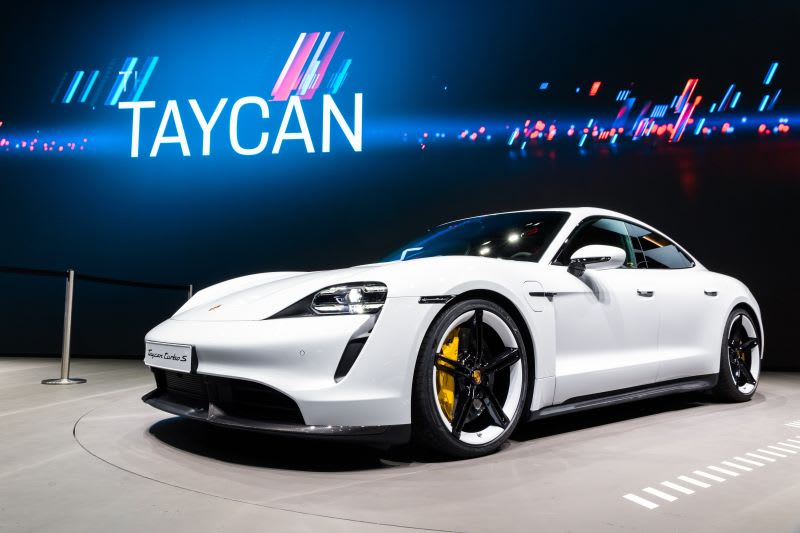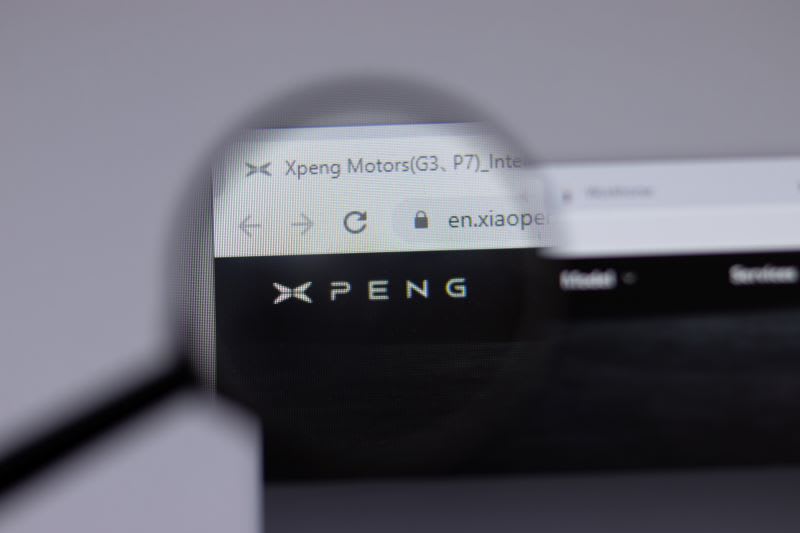In a month that has raised more questions than answers – from concerns about vaccines to parliamentary lobbying or even football – the car industry may well be facing a big question of its own. According to Reuters, the future of the plug-in hybrid is under the spotlight after the European Union created new draft rules about how the cars are marketed.

The newswire says draft green finance regulations will ban car makers from calling plug-in hybrids, which can drive short distances on electrical power but have petrol or diesel engines for longer trips, “sustainable investments” should the rules be passed. If that happens, manufacturers will have to drop the phrase by the end of 2025 – a move Reuters says could deter investors.
Add in the implications of upcoming emissions legislation and Reuters claims there are fears this could spell the end for plug-in hybrids. Bentley CEO Adrian Hallmark told the newswire:
“It's crazy to do this by 2025 because effectively you kill demand today. For most people, a battery electric car is not yet practical.”

For some, however, it seems Porsche’s new Taycan electric car is definitely practical. The company sold more than 9,000 Taycans in the first three months of 2021, making the four-door electric GT car very nearly as popular as the brand’s famous 911 sports coupe. That makes the car Porsche’s fourth most popular model, soundly beating the 718 Boxster, 718 Cayman and Panamera in the German company’s sales charts.
Perhaps such high demand is part of the reason why the Guardian says Chinese brands are circling the European market. With traditional car makers labouring under the strain of emissions regulation and the clamour to build electric cars, the newspaper says investment in Chinese electric car manufacturers is growing.

Automotive News Europe has already reported Xpeng’s intentions to join further European markets after a successful launch in EV-friendly Norway, and the Guardian says Nio – a company that plans to use removable batteries to end range anxiety – will enter the European market later this year. Is this the moment when the Chinese car companies strike?
When these Chinese models do arrive, though, it seems likely they will have to undercut some established European and Japanese car makers in order to succeed. And that has just become harder after Volkswagen announced a new entry-level ID.3 electric hatchback.

According to Electrive.com, the new ID.3 City costs £28,370 after the government’s £2,500 Plug-In Car Grant has been applied, making it the cheapest ID.3 model currently on sale. Customers have to make do with a smaller 45kWh battery, but VW says the car will still manage more than 200 miles on a single charge.
Peugeot has also been slashing its prices after the Plug-In Car Grant was changed in March. According to Motor1.com, the brand has reduced prices of the e-208 and e-2008 models to ensure most models sneak in beneath the £35,000 cut-off for grants. The French company is among a posse of car makers to take similar action, with Citroen, Vauxhall and BMW all cutting prices to meet the new grant rules.
Enjoyed this? Read our latest news:
- Best Cheap Car Lease Deals | April 2021
- New Polestar 2 variant proves bigger isn’t always better
- Skoda updates its Kodiaq SUV four years after launch
- EV and energy news round-up | April 2021
-
New VW Caddy California is the ultimate compact camper
For all the latest reviews, advice and new car deals, sign up to our newsletter here.















